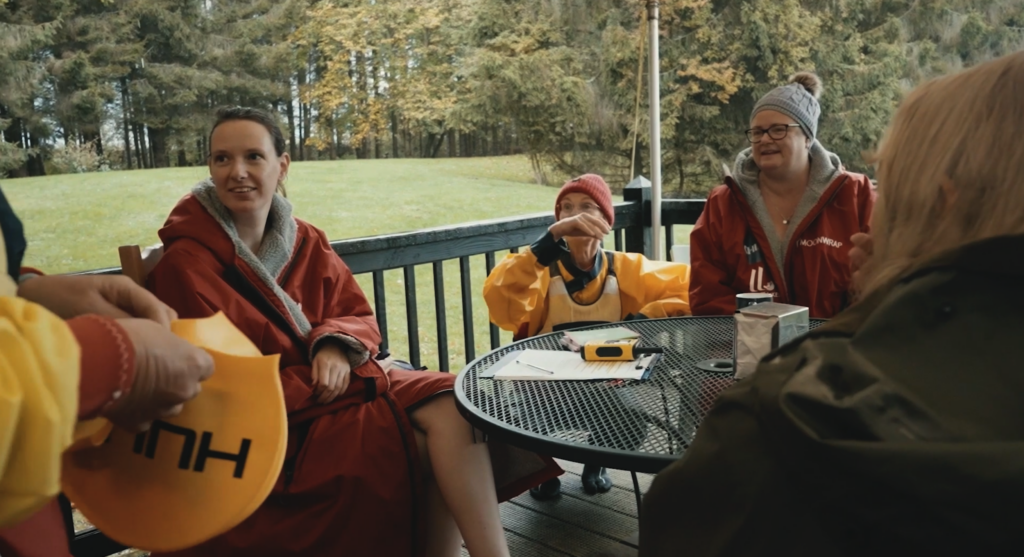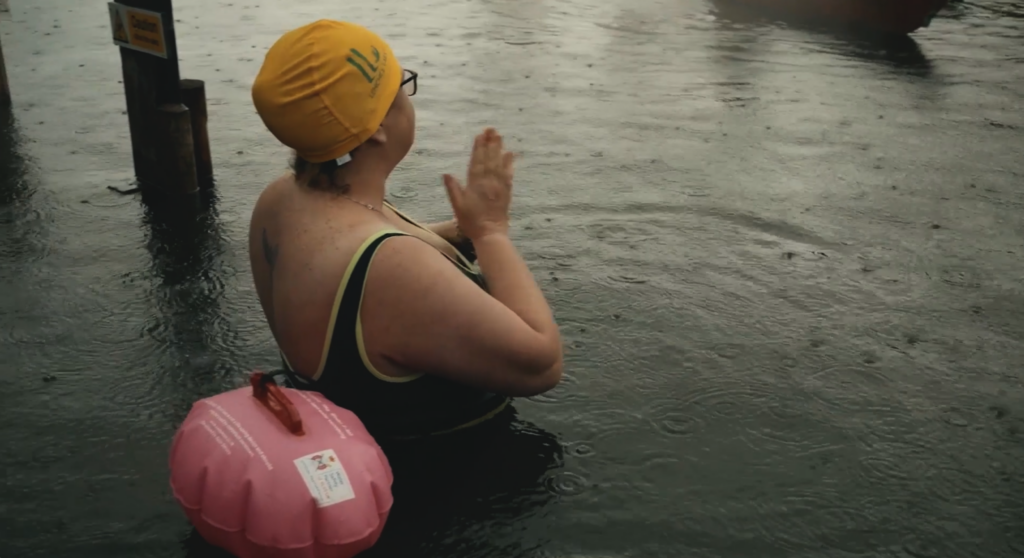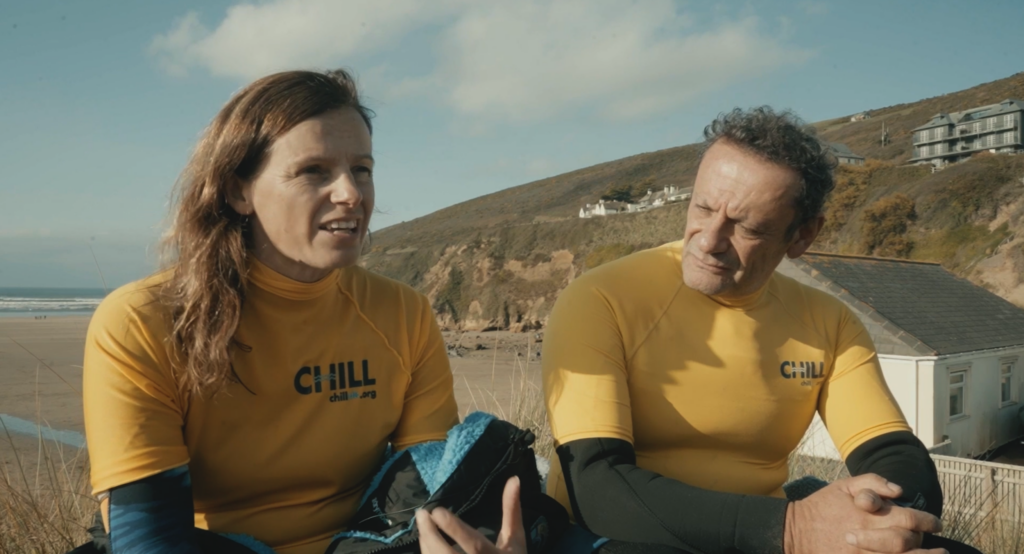
Take Part
Take Part in The OUTSIDE study. A randomised controlled trial.
To take part in the study you must
- Be aged 18 or over.
- Currently have symptoms of depression.
- Swimming ability – this will depend on your nearest swimming location. Some locations will require that you can swim at least 2 lengths of a standard pool and some locations are open to non-swimmers. *
- Have no serious medical conditions that would make open water swimming unsafe for you. This will be determined by a member of our medical team who can review your health history questionnaire.
- *The swim courses will be taught at a beginner’s level, however they are also open to more experienced outdoor swimmers if you feel that this course would be beneficial for you.
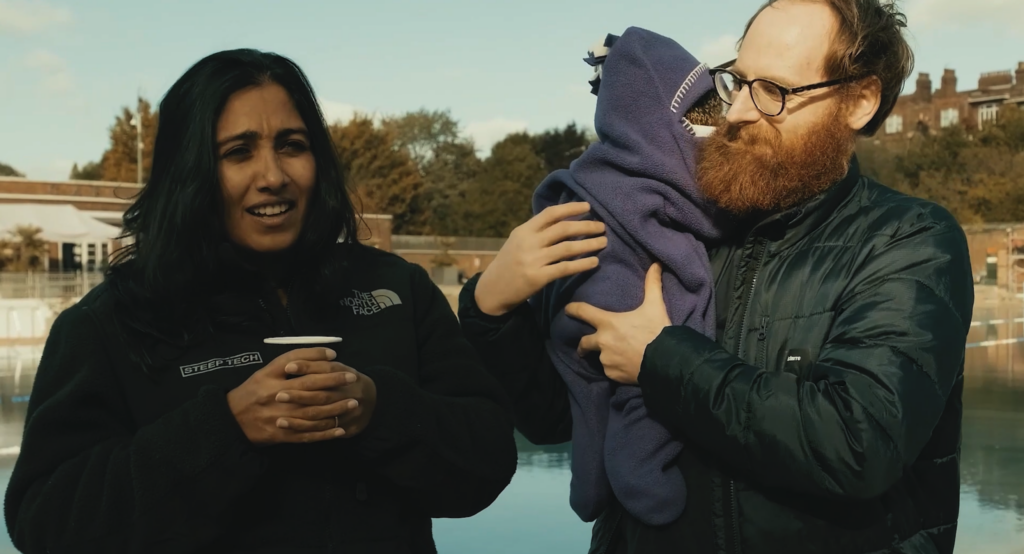
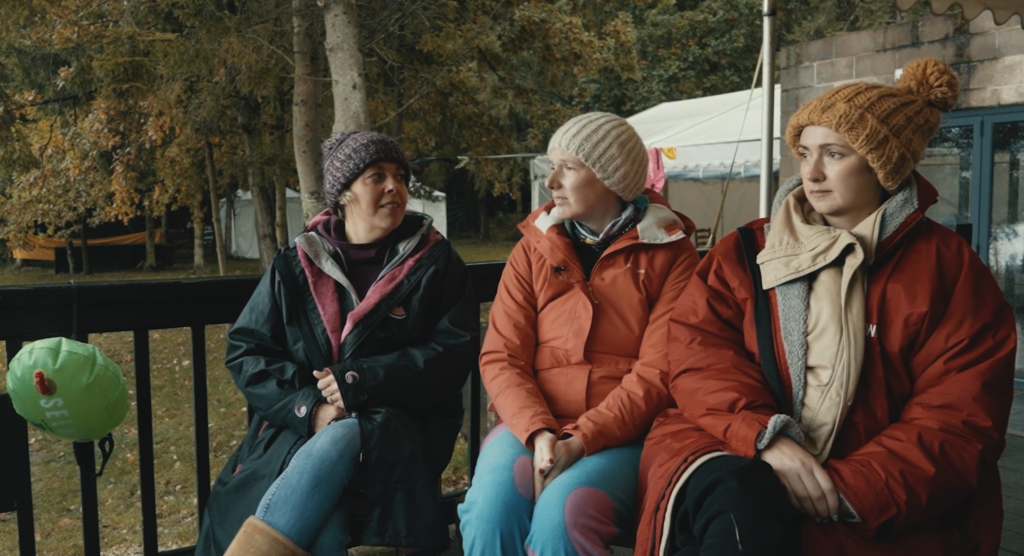

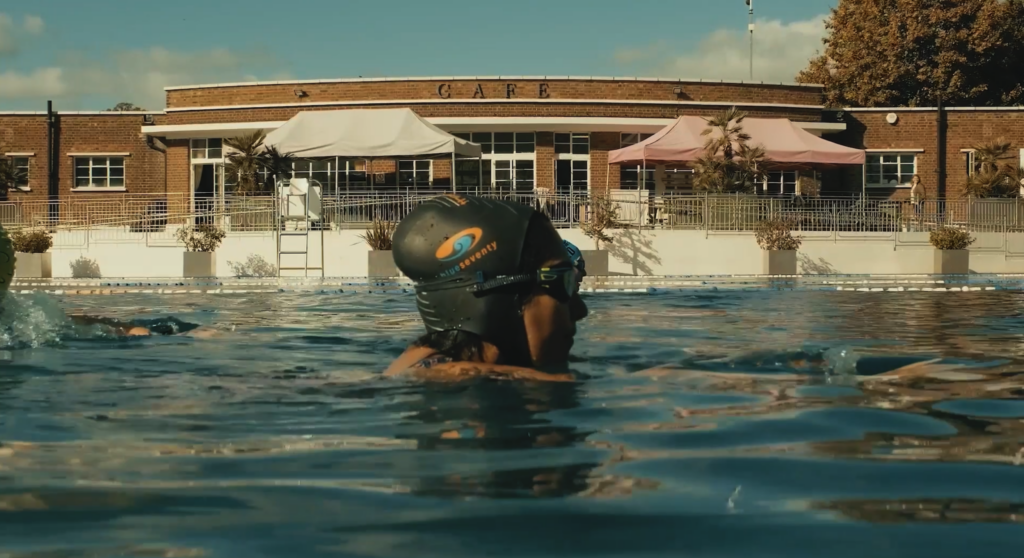

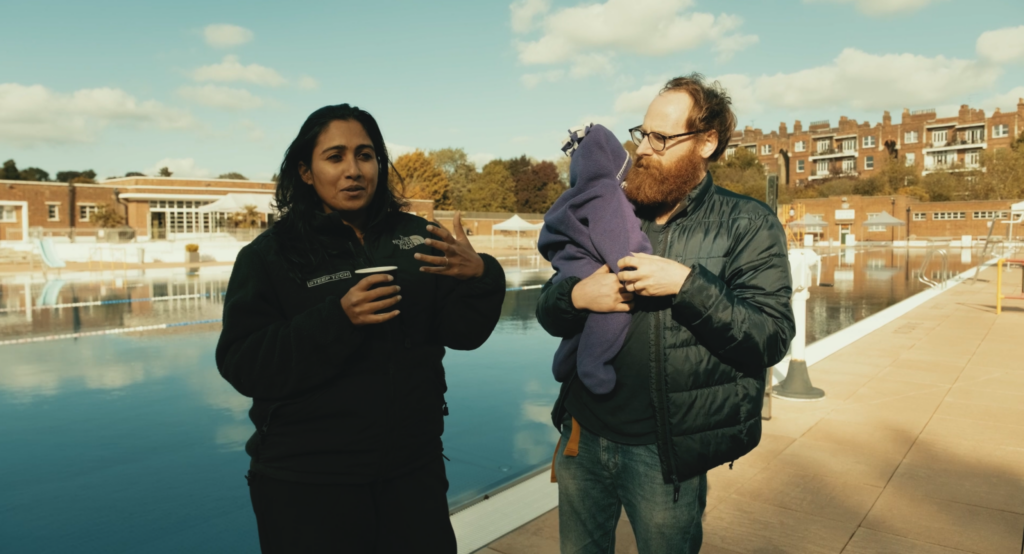
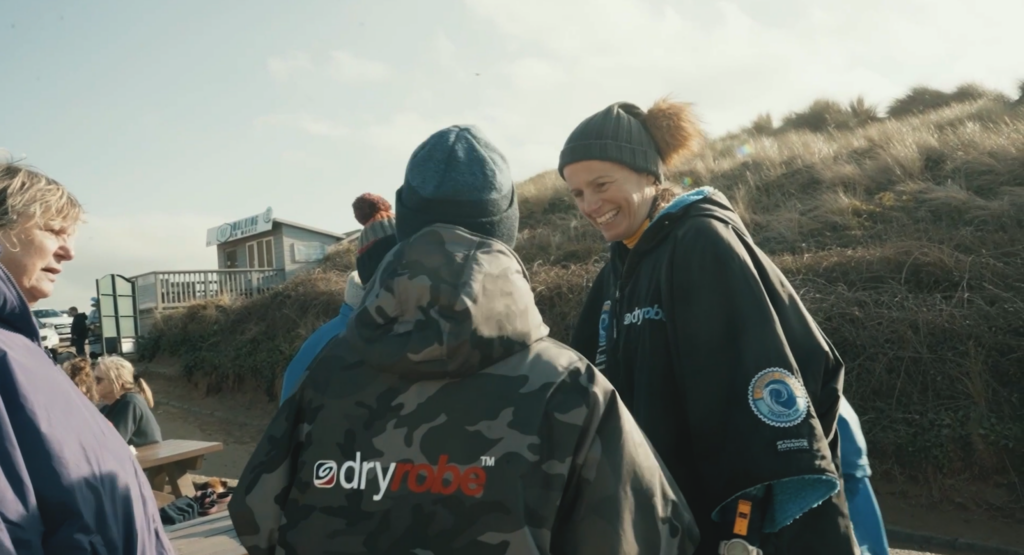

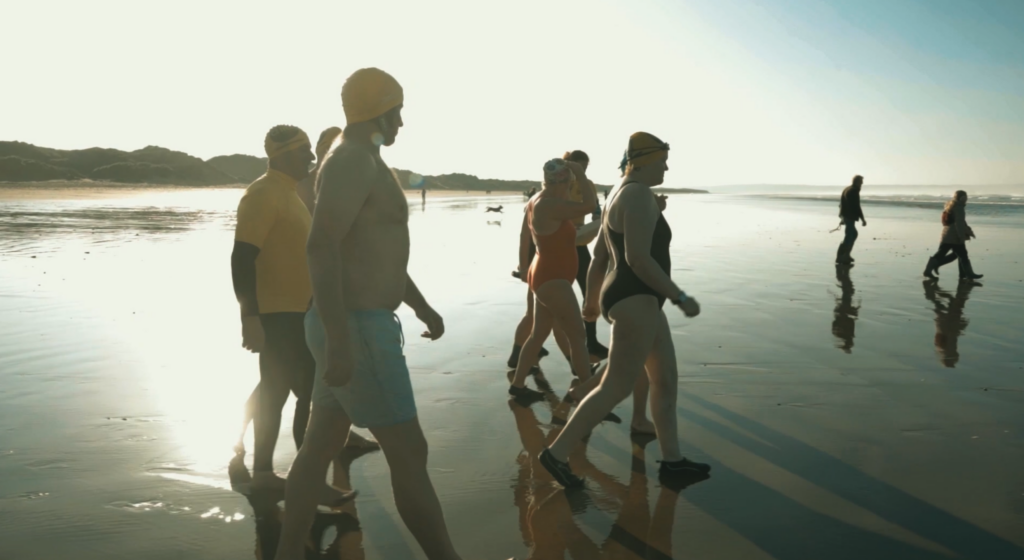
If you would like further information or would like to take part in the study please complete this form:
Thank you for completing this form. After you submit this, you should receive an email confirming we have got your form. This will include a copy of the participant information sheet and a link to a consent form and a short questionnaire.
If you have any problems completing this form or don’t receive a confirmation email please don’t hesitate to contact us by email at Spnt.OUTSIDE@nhs.net
After completing the sign-up form
The study enrolment process consists of the following four steps:
- Please read the patient information sheet that we will email you.
- If you still want to take part, complete the short questionnaire and online consent form that are in the email.
- Speak with one of our research team to ask questions and, discuss your health history and check your eligibility.
- Complete some online questionnaires asking you about your wellbeing and mental health. We can support you to do this or you can do this on your own, whatever you prefer.
- You will then be randomly allocated to either the Swim group this year or the Control group.


